Following our top 50 films of 2019, we’re sharing personal top 10 lists from our contributors. Check out the latest below and see our complete year-end coverage here.
I’m not sure if it says more about the quality of international productions above domestic titles in 2019 or my own evolving tastes, but I’ve never had this many foreign language films in a Top Ten before. And it’s not just European countries like France and Germany. The Middle East, Asia, and Scandinavia are represented too. The consistent output of stellar dramatic work that resonated beyond borders was a truly stunning thing to behold and I hope it continues into the next decade.
Another common through-line here is the success of quiet, contemplative dramas that look to mine below the surface to find political, social, and cultural truth. So many titles on this list are dialogue-heavy confrontations in search of identity, strength, and answers within a world teetering on the brink of all-out chaotic insanity. So many are about families and love and trust and forgiveness (even if the latter is less about being earned and more about moving on). With potent performances, understated direction, and personal stories driven by visible passion, they all stayed with me days, weeks, and, ultimately, months later.
Honorable Mention: The Farewell, A Hidden Life, The Third Wife, Apollo 11, The Nightingale
10. The Standoff at Sparrow Creek (Henry Dunham)

Writer/director Henry Dunham meticulously ensures every detail within The Standoff at Sparrow Creek is necessary. He makes his lead visible when gunshot blasts are heard at the start because there must be no question that we can implicitly trust this one man above all others. James Badge Dale’s Gannon might have his own secrets too, but putting law enforcement onto his civilian militia isn’t one of them. He and Dunham therefore eschew bloodshed for mind games as the claustrophobic intensity of this single-locale thriller rises on the back of Gannon’s hunt for answers. This film isn’t, however, about finding hope in a hopeless situation through this broken man’s willingness to be a hero. It seeks to instead show the monstrousness of complicity and the helplessness of a conflict already too far-gone to solve.
9. Honey Boy (Alma Har’el)
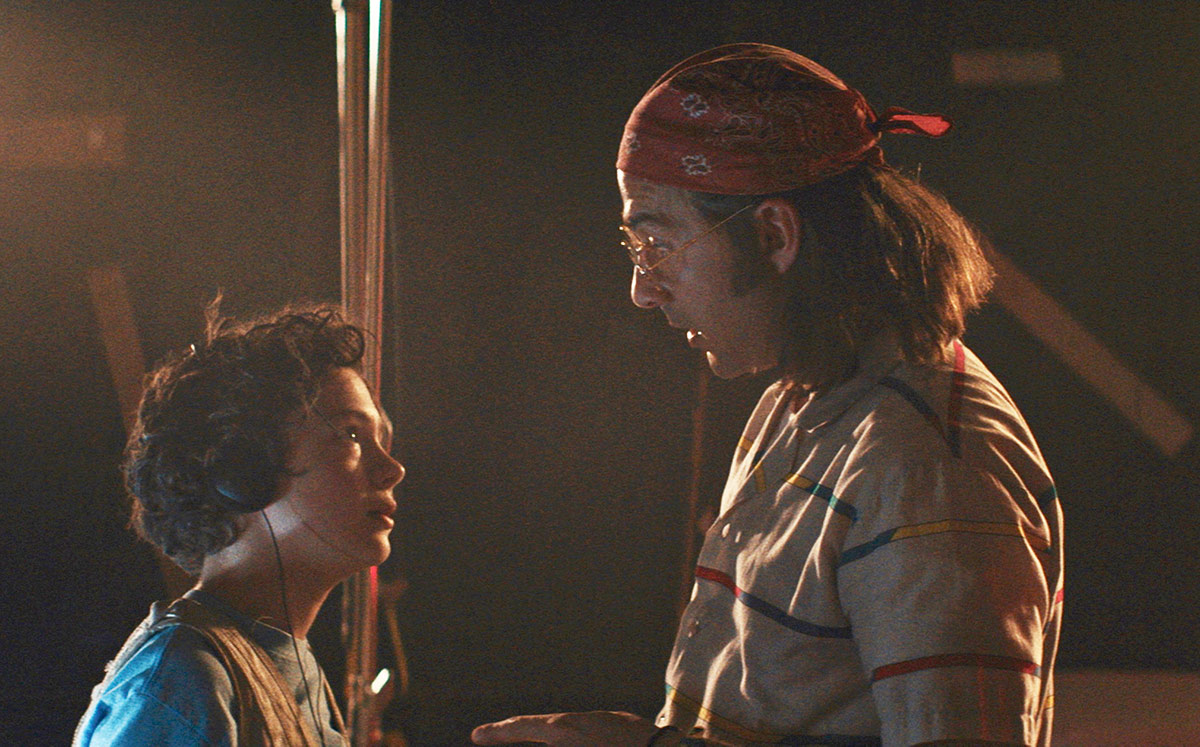
Half catharsis and half opportunity to set the record straight, Honey Boy puts Shia LaBeouf’s arduous circumstances of growing up under the wing of a domineeringly alcoholic parent on-screen. Rather than place blame for his adult struggles at his father’s feet, though, he’s reaching higher narratively and emotionally to alternatively confront what happened with new eyes. Instead of forgiveness or blame, LaBeouf’s script (and decision to live in his father’s shoes through it) provides understanding. With the help of Alma Har’el’s powerful direction, he shows how James and Otis Lort’s (the great Noah Jupe) individual, autobiographical pain affects the other. And by deftly shifting between past and present, the characters’ refusal to acknowledge its existence exposes how that anguish is exacerbated by their inherently selfish desire to wield it as a major piece of their respective identities.
8. Aniara (Pella Kågerman & Hugo Lilja)
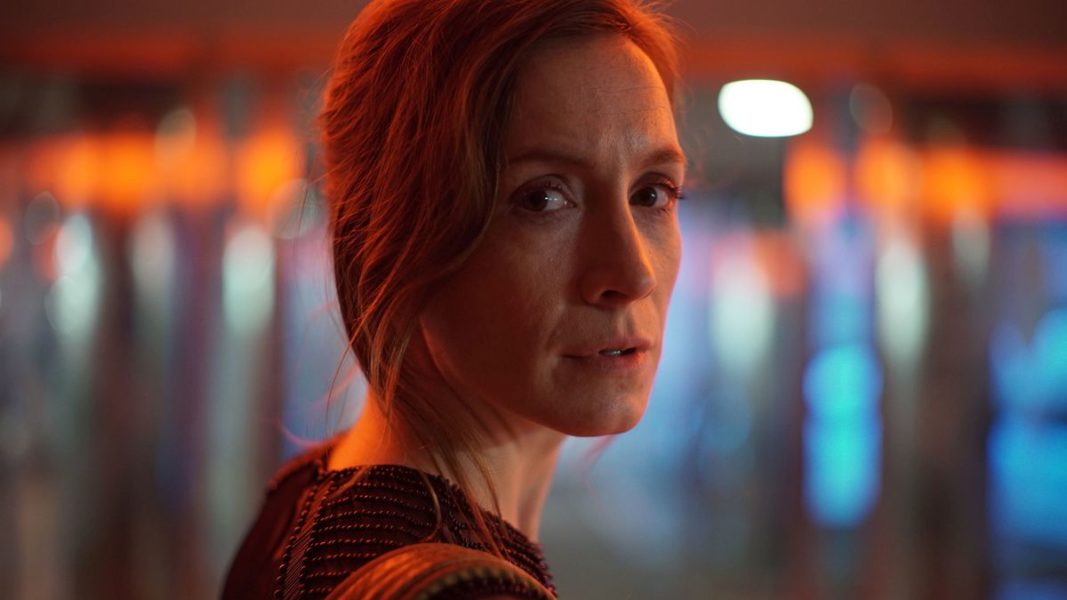
Beyond religious scripture lies ample scientific study to prove how we aren’t long for this universe. That truth corners us without an exit to let our fears steal control from the infinite possibilities that had been within our grasp. We search for meaning, struggling to reconcile the fact that happiness might have always been an illusion masking our collective agony. Pella Kågerman and Hugo Lilja’s cinematic adaptation of Harry Martinson epic poem Aniara speaks to this mix of desperation and futility with a stark beauty in its sci-fi production design and emotionally wrought performances. It’s a fascinating character study that turns its titular spacecraft into a metaphor for Earth (both complex self-contained ecosystems floating in space) to provide a glimpse of humanity’s inevitable demise—centuries of mankind’s brightest dreams dissolved into dust.
7. For Sama (Waad al-Kateab & Edward Watts)
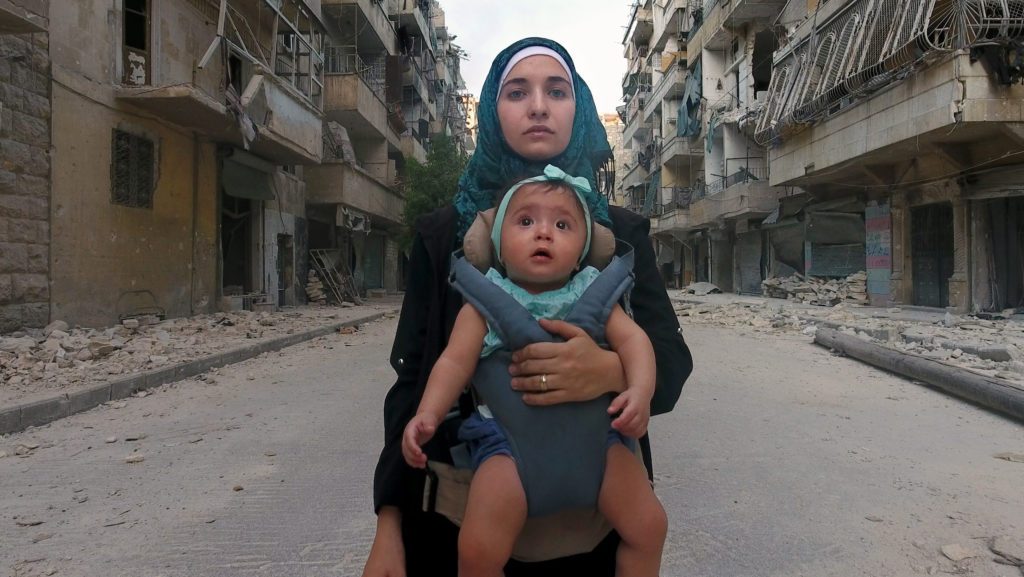
For Sama is comprised of footage that began as a means to honor the dead and tell their story despite Syria’s Assad government censoring its genocide via official channels. The film Waad al-Kateab (with help from Edward Watts) created from it after the fact is now about the living: those who survived to both speak and listen alongside those who fought with everything they had before succumbing to an inevitable, random blast. This is why she narrates the entire journey to a daughter who can’t yet understand the words beyond recognizing it’s her mother’s voice speaking them. Because while Assad may believe he achieved victory by strong-arming these survivors with a deadly ultimatum, they haven’t been defeated. The spirit that’s alive in every frame al-Kateab shot burns brighter with each new viewer.
6. Transit (Christian Petzold)
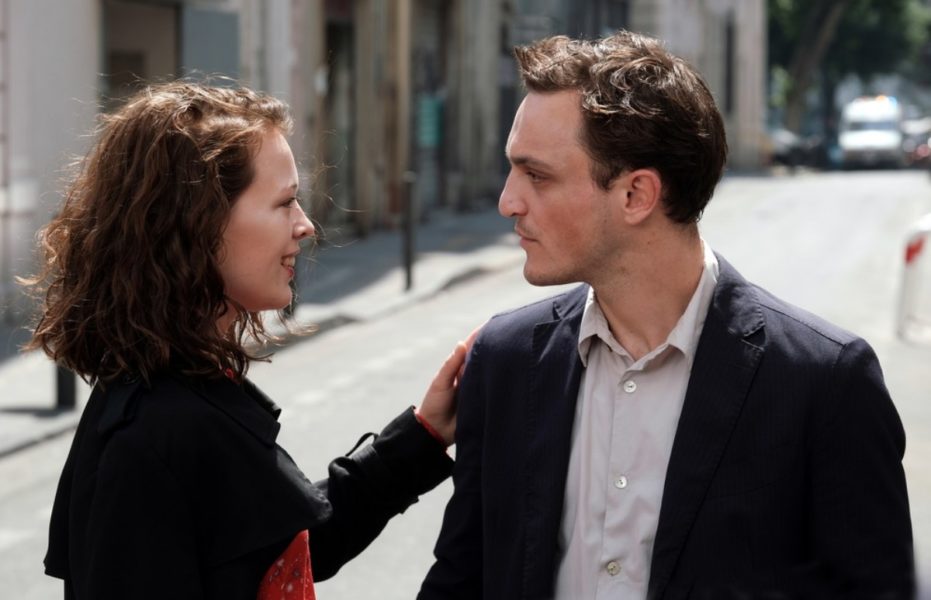
Christian Petzold isn’t interested in throwing the weight of the world on Georg’s shoulders because that turns him into a white savior—no matter how flawed—who swoops in to usher those less fortunate to their salvation. The director instead transforms his lead into a ferryman of the dead, always present at others’ demise. Every kind thing he does leads to tragedy because there’s no relief in purgatory. To live is to watch the world suffer. Transit is a manifestation of this unalienable humiliation with Georg standing in for our collective conscience. Those of us who remain ultimately become the ones who remember and Petzold does a wonderful job putting the melancholic beauty of that reality’s bittersweet poetry on-screen.
5. Marriage Story (Noah Baumbach)
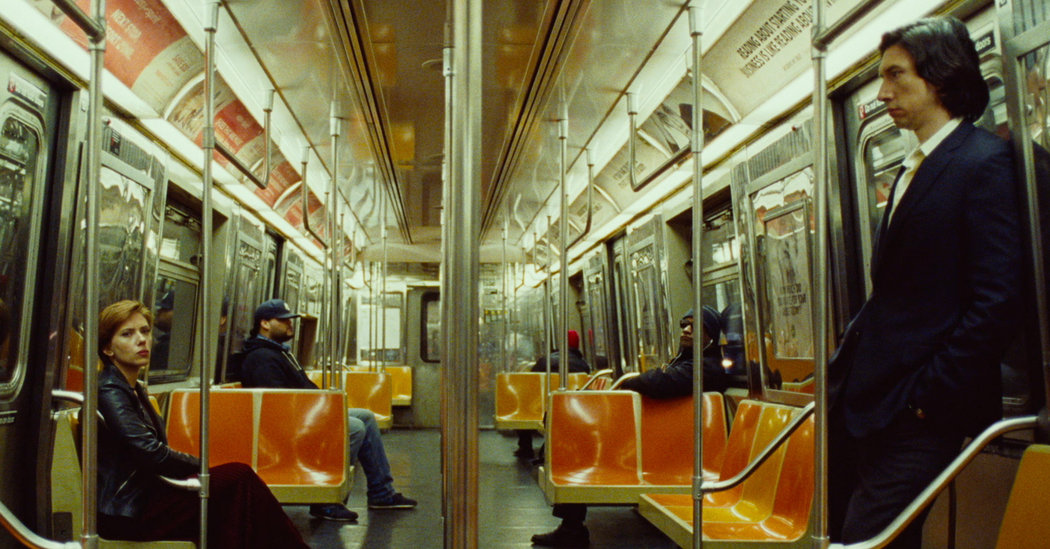
It’s crazy how romantic love changes our perspectives. Ambition can look like genius when we’re a supportive cheerleader and narcissism upon recognizing our sacrifices to its fulfillment. Eventually one party (or both) has enough, throws a wrench, and watches the ship sink into a sea of regrets. Noah Baumbach’s Marriage Story is that gradual descent towards the ocean floor. At times brutal yet authentic and sad yet hopeful, even the funny moments inevitably transform into heartache thanks to Scarlett Johansson and Adam Driver’s performances. So while I remember plenty of laugh-out-loud scenes, I couldn’t describe them as vividly as those ending in tears. Despite their characters’ divorce producing intense verbal spats born from a decade of happiness and disappointment, we know their love hasn’t disappeared. It’s merely undergoing a metamorphosis. Love sometimes demands revision.
4. Waves (Trey Edward Shults)
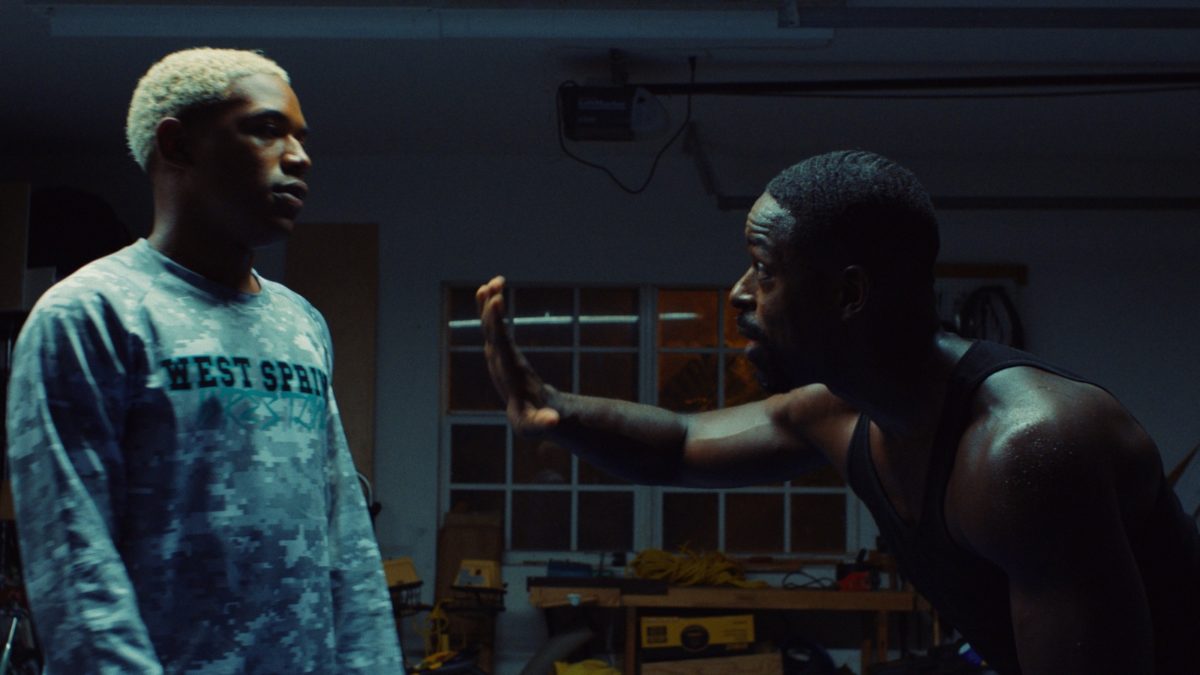
“You don’t know how lucky you are.” No other words prove more damning to show how out-of-touch a parent is with his/her child’s struggles. Rather than being emotionally present, they wield fear and disappointment en route to an explosion of insecurity and rage. Writer/director Trey Edward Shults ensures Waves‘ lead-up to that release is tough to watch with a violent act as linchpin seemingly gratuitous in the moment. Context, however, proves it’s paramount to the message. This script is contrasting duty to the group with duty to the soul as the former’s lie leads to turmoil, the latter’s truth to potential peace. Kelvin Harrison Jr. brings the pain. Taylor Russell strives to heal it. And Sterling K. Brown breaks our hearts upon realizing his character’s role in forcing them (his children) to suffer that fate.
3. Portrait of a Lady on Fire (Céline Sciamma)

While writer/director Céline Sciamma presents a rather straightforward reason to thrust two women into each other’s lives at the start of Portrait of a Lady on Fire, everything soon changes once Héloïse and Marianne find themselves on equal footing to make their struggles and false sense of freedom transparent. Passion and romance arise to ignite a once in a lifetime love that frustration and resentment can risk destroying in hindsight as long as the memory of what was shared becomes permanent in their hearts. Claire Mathon’s cinematography gorgeously captures the French countryside as Adèle Haenel and Noémie Merlant reveal within it how one solitary second together devoid of anything but a glance is worth whatever sorrow might arise from knowing the feeling will soon be stolen away. One guaranteed moment of love renders countless missed chances bearable.
2. Parasite (Bong Joon-ho)
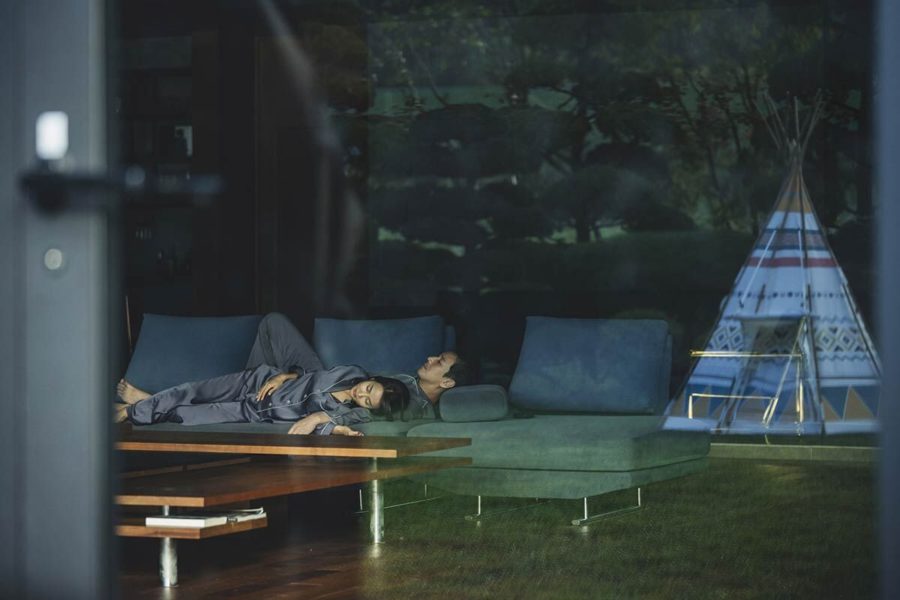
Bong Joon-ho’s Parasite shifts its predator/prey dynamic in ways that allow its antiheroes (the Kims) to simultaneous be victims and perpetrators alike. This family leverages their street smarts and desperation in a magnificently brazen way to pull their marks’ (the Parks) strings and the resulting ascent guarantees an inevitable fall as devastating to them as it is cosmically humorous to us. Their trajectory’s wild ride culminates in a single evening with all parties secretly gathered together to fully comprehend their vast array of capabilities and deficiencies. Privilege and exploitation become at once synonymous and adversarial depending on who wields which and upon whom—weapons in a war devoid of victors. Vengeance and forgiveness become avenues towards destruction once we learn that humanity can only take so much before its threshold for civility is surpassed.
1. Luce (Julius Onah)
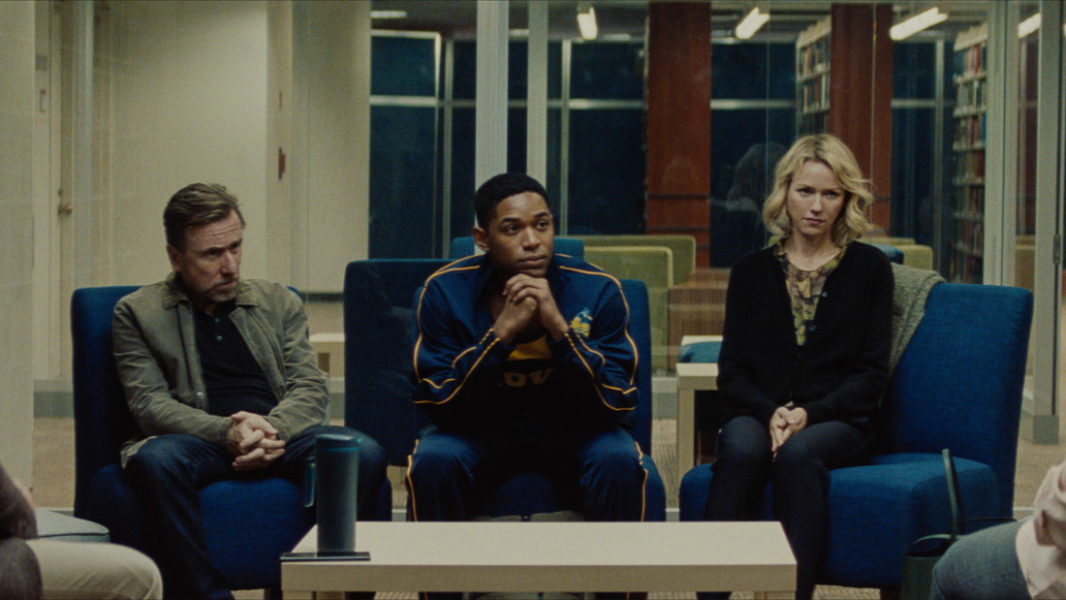
So much of who we are relies upon perception because our reactionary society is too quick to judge on instinct without extending any benefit of the doubt. This is the impossible environment playwright J.C. Lee and director Julius Onah bring to life with Luce. They put a boy on trial without evidence besides his accusers’ fears since half-truths and assumptions will always be easier to embrace than simple explanations rendered complex by the inherent bias American entitlement provides as privilege. While Naomi Watts and Octavia Spencer are fantastic as hybrid judges/jury/witnesses, it’s Kelvin Harrison Jr. who steals the show once their characters force him to turn a heart-dropping disappointment at their lack of faith in him into the unyielding determination necessary for vindication. By the end we discover this truth: innocence is obsolete.
